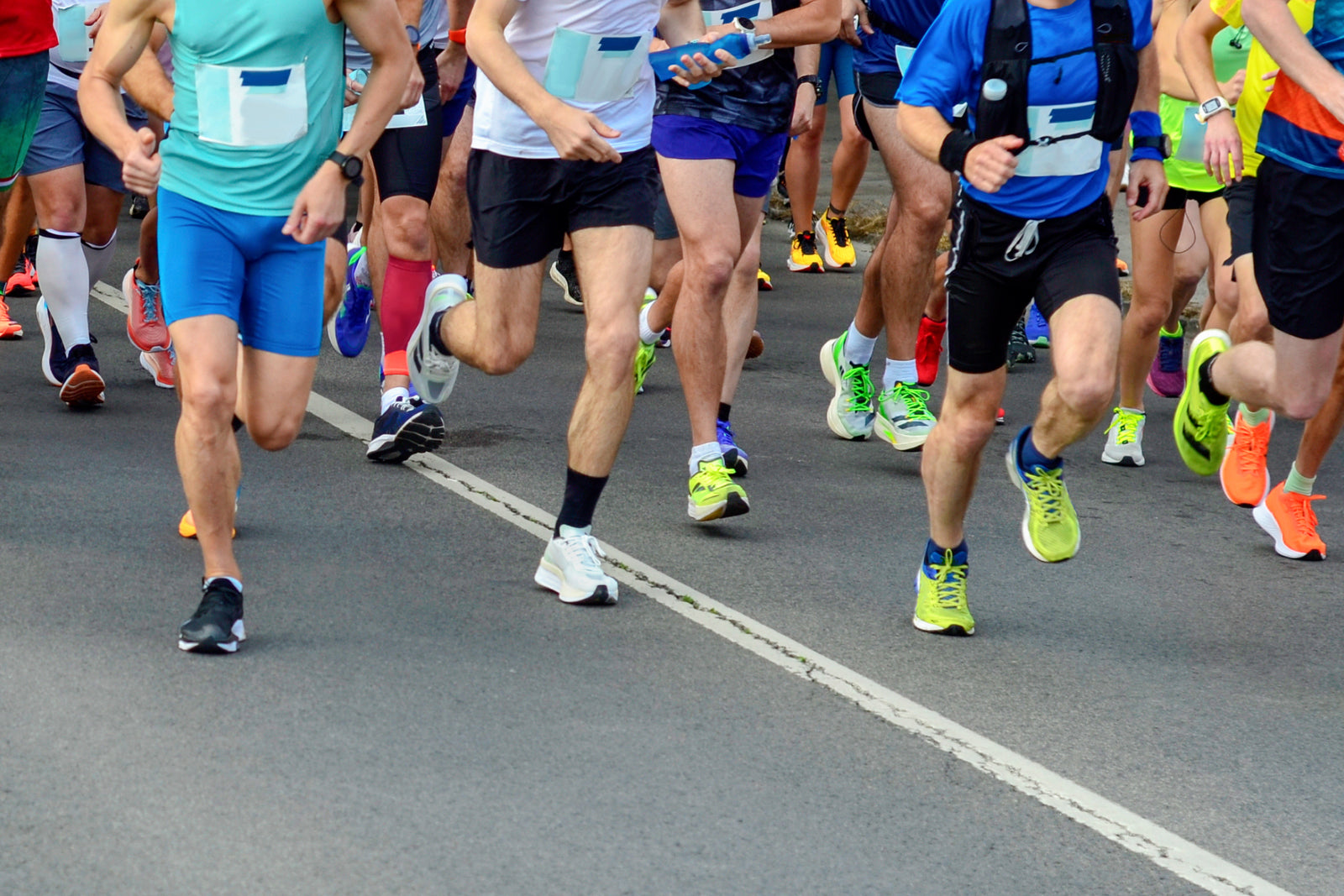How NRF2 and Your Genes Affect Endurance
Endurance is the ability to sustain physical activity over longer periods. It depends on efficient energy use, steady oxygen delivery, inflammation control, and muscle recovery. The NRF2 gene is an important regulator of the body’s antioxidant defenses. By turning on protective enzymes and molecules, NRF2 helps limit oxidative damage that occurs during exercise, reduces inflammation, and supports faster muscle repair. Small differences in the NRF2 gene can change how well these defenses work and may influence stamina and recovery.
Why antioxidant defenses matter for endurance
During prolonged or intense exercise, muscles produce more reactive oxygen species. In moderate amounts these molecules help signal adaptations to training, but excess oxidative stress causes cellular damage, prolongs inflammation, and slows recovery. NRF2 controls a network of antioxidant and repair pathways that neutralize harmful molecules and maintain cellular health. Supporting NRF2 activity through diet, rest, and training strategies can help you recover faster and train more consistently.
Practical lifestyle steps to support NRF2 and endurance
- Eat antioxidant-rich foods: Aim for a variety of colorful fruits and vegetables, whole grains, legumes, nuts, and seeds. Phytochemicals in berries, leafy greens, cruciferous vegetables, and spices support the body’s antioxidant capacity.
- Prioritize protein and repair: Adequate protein and dietary amino acids help rebuild muscle after endurance sessions. Include lean proteins or plant-based alternatives across the day.
- Use healthy fats: Omega-3 fatty acids from fatty fish, flax, chia, or supplements can reduce exercise-induced inflammation and support recovery.
- Time carbohydrates: For long sessions, consume carbs before and during exercise to preserve muscle and delay fatigue. Post-exercise carbs paired with protein aid refueling and repair.
- Rest and sleep: Sufficient sleep and planned recovery days are essential for antioxidant systems and muscle repair.
- Smart training: Build volume gradually. Include low-intensity aerobic work and limit too many high-intensity sessions in a short window to avoid chronic oxidative load.
- Consider targeted supplements: Vitamin C, vitamin E, and omega-3 supplements may be helpful for some people to support antioxidant status and reduce inflammation. Use supplements selectively and under guidance from your healthcare provider.
- Monitor recovery: Track training load, resting heart rate, sleep quality, and perceived fatigue. Adjust intensity and nutrition if recovery slows or performance drops.
Genetic Interpretations for rs12594956 (NRF2)
2 effect alleles — CC (reduced NRF2 activity)
If your genotype is CC for rs12594956, you carry two copies of the effect allele. This pattern may reduce the efficiency of NRF2-regulated antioxidant defenses. During prolonged or intense exercise you might experience greater oxidative stress, more inflammation, and slower muscle recovery compared with someone with stronger NRF2 activity. These effects can make sustaining high training volumes or back-to-back intense sessions more challenging.
What to do
- Increase intake of antioxidant-rich foods daily, focusing on a wide variety of fruits and vegetables, cruciferous vegetables, and brightly colored produce.
- Prioritize omega-3 rich foods or consider a supplement to help manage inflammation.
- Consider short-term, targeted supplementation with vitamin C and vitamin E around heavy training blocks, but avoid routine overuse of high-dose antioxidants that may blunt training adaptations. Discuss dosing with your healthcare provider.
- Structure training with longer recovery windows between intense sessions and emphasize aerobic base work to build endurance without excessive oxidative stress.
- Optimize sleep and recovery modalities such as active recovery, foam rolling, and contrast baths if helpful.
- Work with a coach or clinician to monitor markers of overtraining and inflammation if you increase volume.
1 effect allele — CA (mild effect on NRF2)
If your genotype is CA for rs12594956, you carry one copy of the effect allele and one non-effect allele. This is associated with a modest change in NRF2 regulation. You may have slightly altered antioxidant response during prolonged exercise, but for many people the difference is small and manageable with sensible lifestyle choices.
What to do
- Maintain a balanced diet rich in whole foods and antioxidants to support NRF2 function.
- Include omega-3 fats and ensure adequate protein to support recovery.
- Use periodized training that mixes intensity and recovery to avoid accumulating oxidative stress.
- Consider moderate supplementation with vitamin C or vitamin E only when needed, such as during heavy training phases, and consult your healthcare provider about dose and timing.
- Track recovery indicators and reduce load temporarily if you notice prolonged soreness, sleep disruption, or declining performance.
0 effect alleles — AA (typical NRF2 activity)
If your genotype is AA for rs12594956, you carry two copies of the non-effect allele and are likely to have standard NRF2 activity. Your antioxidant defenses and recovery processes are expected to function within the typical range, supporting normal endurance capacity and muscle repair.
What to do
- Continue evidence-based endurance practices: balanced nutrition, progressive training, and sufficient rest.
- Keep antioxidant-rich foods and adequate protein in your diet to maintain performance and recovery.
- Use supplements such as omega-3s or vitamins selectively if diet is insufficient or during periods of elevated training load, after discussing with your healthcare provider.
- Monitor recovery and modify training as needed to sustain gains while minimizing injury risk.
Testing, monitoring, and next steps
Genetic information like your NRF2 genotype provides a snapshot of predisposition, not destiny. It explains one piece of the endurance puzzle. Habitual nutrition, training patterns, sleep, stress, and other genes all shape performance and recovery. If you are making significant changes to training, starting supplements, or managing persistent fatigue or inflammation, talk with your healthcare provider or a qualified sports nutrition professional. They can help choose appropriate blood tests, tailor supplementation, and design a training plan aligned with your goals.
Important reminder
PlexusDx provides genetic information to help you better understand possible predispositions. PlexusDx does not provide medical advice. Always consult your healthcare provider before starting new supplements, making major changes to diet or exercise, or if you have concerns about your health or recovery.

Share:
Endurance | NFIA-AS2 (rs1572312)
Endurance | NFIA-AS2 (rs1572312)